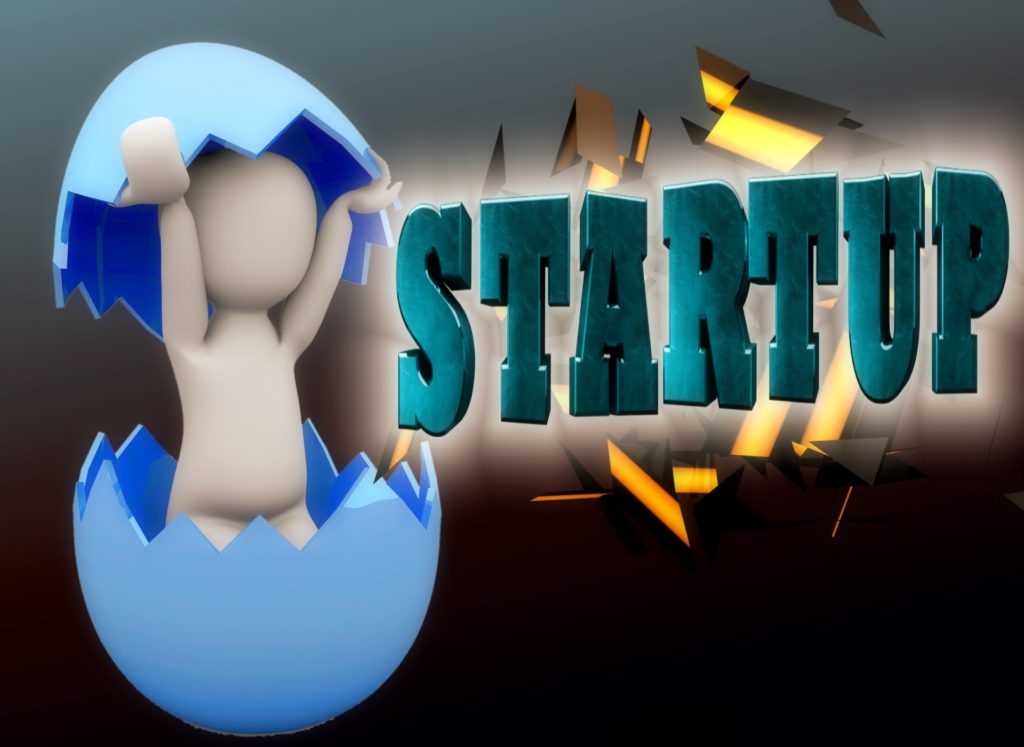As startup expert John Bradberry Charlotte NC could tell you, in the fast-paced and competitive world of tech startups, teams of very clever people are working into the wee hours of the morning trying to find the perfect solution to a common problem. If you have come up with the same idea, it will all come down to who manages to get it patented first. A patent is the only way to protect your rights to your idea, both to develop it and to bring it to the market. If you aren’t sure if this is something that applies to you, read on.

Patents simplified
A patent is given to an applicant who seeks an exclusive right to develop a new process or product. It might seem difficult to imagine, but it is often the case that many people are working their way towards the same idea at the very same time. In fact, the history of some of the most important investments reveals that while there is a famous inventor that we all know, there was another inventor who had the same idea and simply lost the race to the patent office. This is because ideas tend to be spurred by the general perception of a problem. When you patent your solution, no one else is legally allowed to develop the idea or profit from it.
Must everything be patented?
In order to be patented, an idea or process has to be new and not already “out there” and available to the public. It also has to be something that is not obvious to other people. And finally, it has to be something that could actually be produced. All of this means that the idea needs to be quite specific and also “do-able” in order to be patentable.
Important considerations
It is really important to understand that a patent is a protection that gives you the right to develop an idea for the market. It isn’t intended to make you the “owner” of the idea forever. Patents expire, and while they can sometimes be renewed, the norm is that they are only enforceable for a specific period of time.
You also should know that there are certain things that you must avoid doing, because they can forfeit your right to apply for a patent. For example, according to patent laws in the United States if you sell your product, you are no longer able to patent it after 12 months. It is also the case that if you have publically used or demonstrated your product, you only have 12 months to apply for a patent (remember, ideas can only be patented if they are not known to the public).
The process of applying for a patent is time-consuming and expensive, and there are many things that can go wrong – especially if someone else has already patented your idea! If you have what you think could be a game changing idea for a new startup, perhaps the first thing to do is check the patent office to be sure that someone else hasn’t beaten you to it.